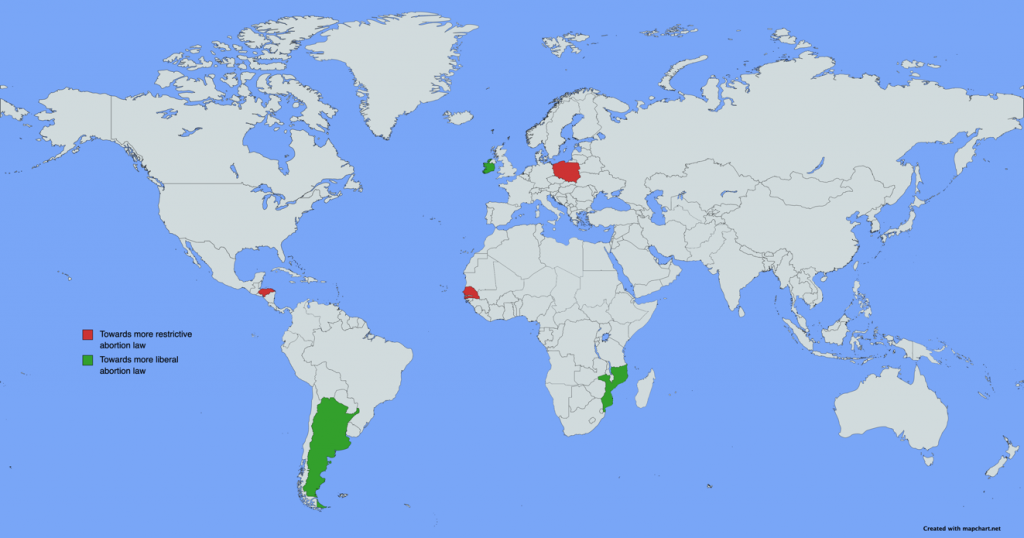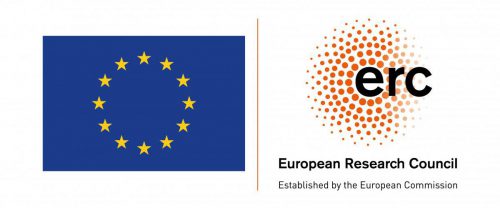Involvement Patterns and Argumentation Architectures in The Global Figuration of human rights
Abortion laws are the crux of human rights diversity today. They evidence best how differently human rights’ meanings are construed in various local settings. However, we know very little about how this diversity is generated in practice. Abortion Figurations will scrutinize the communication processes that use human rights as arguments to change abortion laws. We will contrast abortion debates from the last ten years in pairs of countries that represent three regional human rights systems: Mozambique and Senegal (the African Union), Poland and Ireland (the Council of Europe), and Argentina and Honduras (the Organization of American States). These debates show the ambivalence of human rights: they were used successfully to argue both for more liberal and more restrictive abortion laws. To explain this ambivalence, we will apply concepts of argumentative architecture and involvement patterns, coined by Marta Bucholc as part of her figurational sociology of law inspired by Norbert Elias’s theory of civilizing processes.

Using a mixed-methods approach that combines qualitative sociology, legal analysis, and corpus linguistics, we will offer a multi-dimensional model for comparative interdisciplinary socio-legal research on human rights. We will study the structure, composition, and embedding of arguments used in abortion debates along with group perspectives, emotions, and circles of identification of arguing actors so as to arrive at a heat map that will show the distribution of involvement in argumentative architectures.
By constructing a meta-typology of argumentative architectures and involvement patterns in abortion debates, we will explore the integrative, civilizing potential of human rights and identify the centrifugal forces in human rights figuration that comprise the local, regional, and global levels. We will revisit the role of human rights as a universal toolbox for ideologies in order to plead their conditional rehabilitation.



